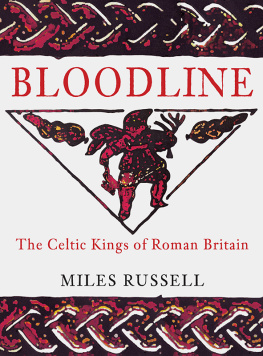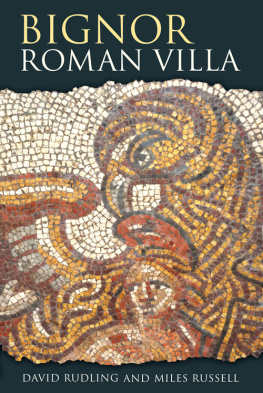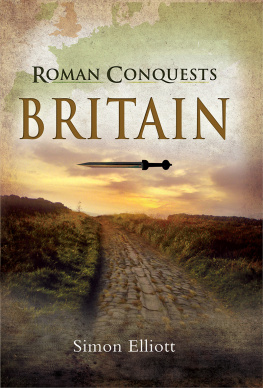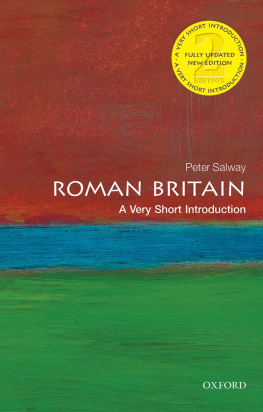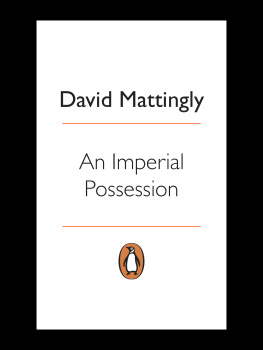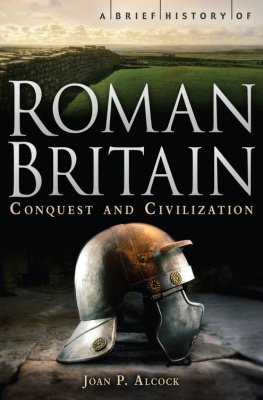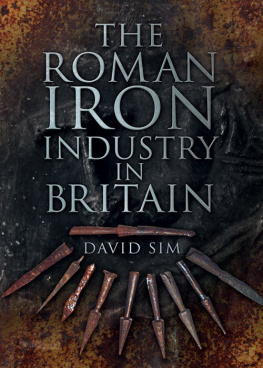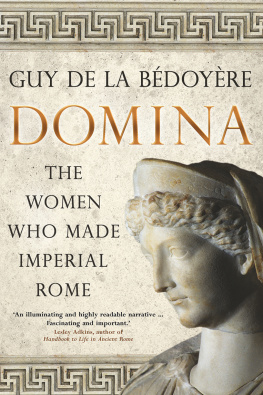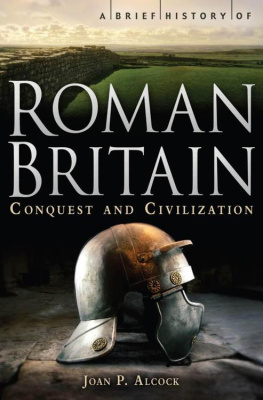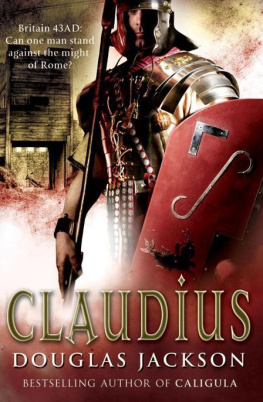Miles Russell - Bloodline: The Celtic Kings of Roman Britain
Here you can read online Miles Russell - Bloodline: The Celtic Kings of Roman Britain full text of the book (entire story) in english for free. Download pdf and epub, get meaning, cover and reviews about this ebook. City: Stroud, year: 2010, publisher: Amberley Publishing, genre: History. Description of the work, (preface) as well as reviews are available. Best literature library LitArk.com created for fans of good reading and offers a wide selection of genres:
Romance novel
Science fiction
Adventure
Detective
Science
History
Home and family
Prose
Art
Politics
Computer
Non-fiction
Religion
Business
Children
Humor
Choose a favorite category and find really read worthwhile books. Enjoy immersion in the world of imagination, feel the emotions of the characters or learn something new for yourself, make an fascinating discovery.
- Book:Bloodline: The Celtic Kings of Roman Britain
- Author:
- Publisher:Amberley Publishing
- Genre:
- Year:2010
- City:Stroud
- Rating:5 / 5
- Favourites:Add to favourites
- Your mark:
- 100
- 1
- 2
- 3
- 4
- 5
Bloodline: The Celtic Kings of Roman Britain: summary, description and annotation
We offer to read an annotation, description, summary or preface (depends on what the author of the book "Bloodline: The Celtic Kings of Roman Britain" wrote himself). If you haven't found the necessary information about the book — write in the comments, we will try to find it.
Bloodline: The Celtic Kings of Roman Britain — read online for free the complete book (whole text) full work
Below is the text of the book, divided by pages. System saving the place of the last page read, allows you to conveniently read the book "Bloodline: The Celtic Kings of Roman Britain" online for free, without having to search again every time where you left off. Put a bookmark, and you can go to the page where you finished reading at any time.
Font size:
Interval:
Bookmark:


For Bill Putnam
Without whom there would be no Bournemouth University
Without whom there would be no Wessex Archaeology
Without whom our understanding of Roman Britain would be so much the poorer
This electronic edition published 2013
Amberley Publishing
The Hill, Stroud, Gloucestershire
GL5 4EP
www.amberley-books.com
Copyright Miles Russell 2010, 2013
The right of Miles Russell to be identified as the Author of this work has been asserted in accordance with the Copyrights, Designs and Patents Act 1988.
ISBN 978-1-84868-238-2 (PRINT)
ISBN 978-1-4456-1991-0 (e-BOOK)
All rights reserved. No part of this book may be reprinted or reproduced or utilised in any form or by any electronic, mechanical or other means, now known or hereafter invented, including photocopying and recording, or in any information storage or retrieval system, without the permission in writing from the Publishers.
British Library Cataloguing in Publication Data.
A catalogue record for this book is available from the British Library.
The one duty we owe to history is to rewrite it
Oscar Wilde The Critic as Artist 1891
This book developed from my teaching of a unit entitled The Archaeology of Roman Britain to undergraduate students at Bournemouth University between 1995 and 2009. Over the years, as I delivered this unit, I began to realise that there was an increasing disparity between what I believed and what I was being asked to teach. Not only was the archaeological evidence often apparently at odds with the historical sources but also our understanding of what really happened seemed to be based on little more than a series of plausible, if ultimately ungrounded fictions, something that the students themselves were only too aware. That it has taken something close to six years to finally write down my concerns, is as much an admission of guilt as it is a statement of honesty. I could of course blame the lack of study leave at my own particular institution, but this is an ever increasing problem in many of Britains universities, most of which no longer seem to value research, making the pursuit of study leave an increasingly thankless task. Instead of apologising, therefore, I will acknowledge that the 72 months spent mulling things over during the course of my work, have indeed proved useful. Archaeology relies upon the continual discovery of new sites and artefacts and the generation of alternative theories and ideas. When conducted properly, it is a subject that is constantly self-renewing and is therefore an ideal area in which to work. I am grateful that, in those seventy two months I have had the opportunity to discuss, debate and argue with a truly unique collection of staff and students, colleagues and friends, all of whom have made my time at Bournemouth interesting, exciting and enjoyable. I would particularly like to thank all those undergraduates who have studied my year three unit on Roman Britain, especially those who took the maxim question everything to beyond its logical extreme. You know who you are.
In the actual writing of this book, I am supremely grateful to those who shared their knowledge, ideas and thoughts, particularly Guy de la Bedoyere, Paul Cheetham, Mark Corney, Tim Darvill, Neil Faulkner, John Gale, Ellen Hambleton, Mark Hassall, Iain Hewitt, Neil Holbrook, Stuart Laycock, Mark Maltby, Dave McOmish, Richard Reece and Bronwen Russell. A big thank you also to all the institutions, organisations and individuals who generously allowed me to quote from their works or use their images within this book: I have acknowledged these where they occur. I am further indebted to Jane Russell for compiling and creating all the line drawings and plans in the present work, often at very short notice and without any useful (or coherent) instruction from myself and to Glynis Laughlin for proof reading the final text. Any mistakes or errors that remain are entirely my fault and relate to last minute changes for which she had no control.
Special thanks must also go to all at Amberley Publishing, in particular Peter Kemmis Betty and Tom Vivian for commissioning, overseeing and believing.
Book writing is an addiction and as with all addictions it is those closest to the addict who suffer the most and so in this respect I would like to thank Bronwen, Megan and Macsen for their continued support and for helping me get through this particular endeavour one day at a time. It has been a long haul, but at least the dining room can once more be used for its original purpose, rather than acting as a store for unread books, unused photocopies and countless notepads. I would also like to thank all those students who, since 1993, have passed through BSc Archaeology, BSc Heritage, BSc Field Archaeology, BSc Marine Archaeology, FdSC Field Archaeology, HND Archaeology, BA Archaeology and Prehistory and, of course, BA Roman Archaeology. You have sat through my lectures, hiked through my fieldtrips and hacked through my trenches I hope now that it all makes sense.
Finally I would like to acknowledge a huge debt of gratitude to Bill Putnam who reignited my interest in Roman archaeology when I first came to Bournemouth. Bill was an extraordinary man blessed with an inexhaustible enthusiasm for Roman archaeology. A student of Sir Mortimer Wheeler, Bill was appointed lecturer in archaeology at Weymouth College Dorset in 1967, where he swiftly became Head of History and Archaeology. He was chairman of the Dorset Archaeological Committee in the 1970s and 80s, at a time when both the pace of development was increasing and as archaeology iteslf was first becoming a serious and profession. He was also Chairman of Wessex Archaeology from 1977 to 1999, guiding the organisation as it became one of Britains leading archaeological companies. The basis of Weymouth College transformed (and moved) becoming first the Dorset Institute of Higher Education and then Bournemouth Polytechnic. Its final evolution into Bournemouth University in 1992 was thanks primarily to the core science programmes undertaken there, the most important of which was the HND in Archaeology. Throughout this time, Bill continued both his research into Roman Dorset, particularly at the Dorchester aqueduct and Dewlish villa, and his teaching, inspiring many generations of archaeologists with his energy, knowledge and irrepressible sense of humour.
It is to his memory that this book is respectfully dedicated.
There have been so many books on Roman Britain, and one needs some justification for adding yet another
(Cottrell 1956, ii)
Some will pick up this volume with a feeling of oh, not another book about Roman Britain. I have great sympathy with this view as there are too many books with little new to say
(Millett 1990, xv)
A new book on Roman Britain requires explanation and perhaps justification, since the island has been the subject of many a book already
(Braund 1996, ii)
The story of Roman Britain has been written many times; indeed perhaps too often
(Mattingly 2002, xi)
Yet another book on Roman Britain perhaps deserves some explanation
(Creighton 2006, ix)
There is a curious sense of self-flagellation apparent in most books detailing life in Roman Britain. It is a strange phenomenon, one that I cannot detect within any other period or historical genre. Not even the biographers of Henry VIII, a British monarch studied in more obsessive detail than any other person in British history, feel the need to abase themselves for producing yet another work on the monarch. However much is said about the bloated, corrupt and thoroughly unpleasant king, there always seems to be something new to say; some new angle to examine. The same is ultimately true of Roman Britain.
Font size:
Interval:
Bookmark:
Similar books «Bloodline: The Celtic Kings of Roman Britain»
Look at similar books to Bloodline: The Celtic Kings of Roman Britain. We have selected literature similar in name and meaning in the hope of providing readers with more options to find new, interesting, not yet read works.
Discussion, reviews of the book Bloodline: The Celtic Kings of Roman Britain and just readers' own opinions. Leave your comments, write what you think about the work, its meaning or the main characters. Specify what exactly you liked and what you didn't like, and why you think so.

